Juana Molina on Drone, Loops, and Being the Woman You Want to Be
Juana Molina appeared as the cover artist on She Shreds Issue #13, which was released in September, 2017. Our full interview follows.
In 1967, at only five years old, Argentine songwriter Juana Molina wrote her first single with her father, tango singer and composer Horacio Molina. “Te regalo esta canción” , written for her mother, actress Chunchuna Villafañe, sold over 45,000 copies and the father and daughter performed it live on national television. Molina continued writing on guitar through her teens and early 20s, recording endless loops on stacks of cassette tapes, but she eventually felt incapable of making a living with music.
Having a knack for impersonations, she switched to television and soon became one of Argentina’s most renowned comedians. In 1991, she even starred in her own television show, Juana y sus Hermanas. Despite her success Molina felt unsatisfied—she was wholly devoted to music. In 1994, she canceled the show.
Two years later Molina released her first full-length, Rara, followed by Segundo in 2003, which was named Best World Music Album by Entertainment Weekly and caught the attention of David Byrne, resulting in an opening act for his U.S. tour. Molina went on to release four more records that showcased her affinity for loops and drone, and roamed between folktronica, ambient, and experimental pop.
Her latest album, Halo, released on Crammed Discs this year, has received sweeping praise from critics. It traverses sonic moods, looped soundscapes of guitars and synths, and tranquilizing vocals that succinctly accent the compositions. From Buenos Aires, Molina talked with She Shreds about switching gears between television and music, recording her new record, and where she sees herself next.
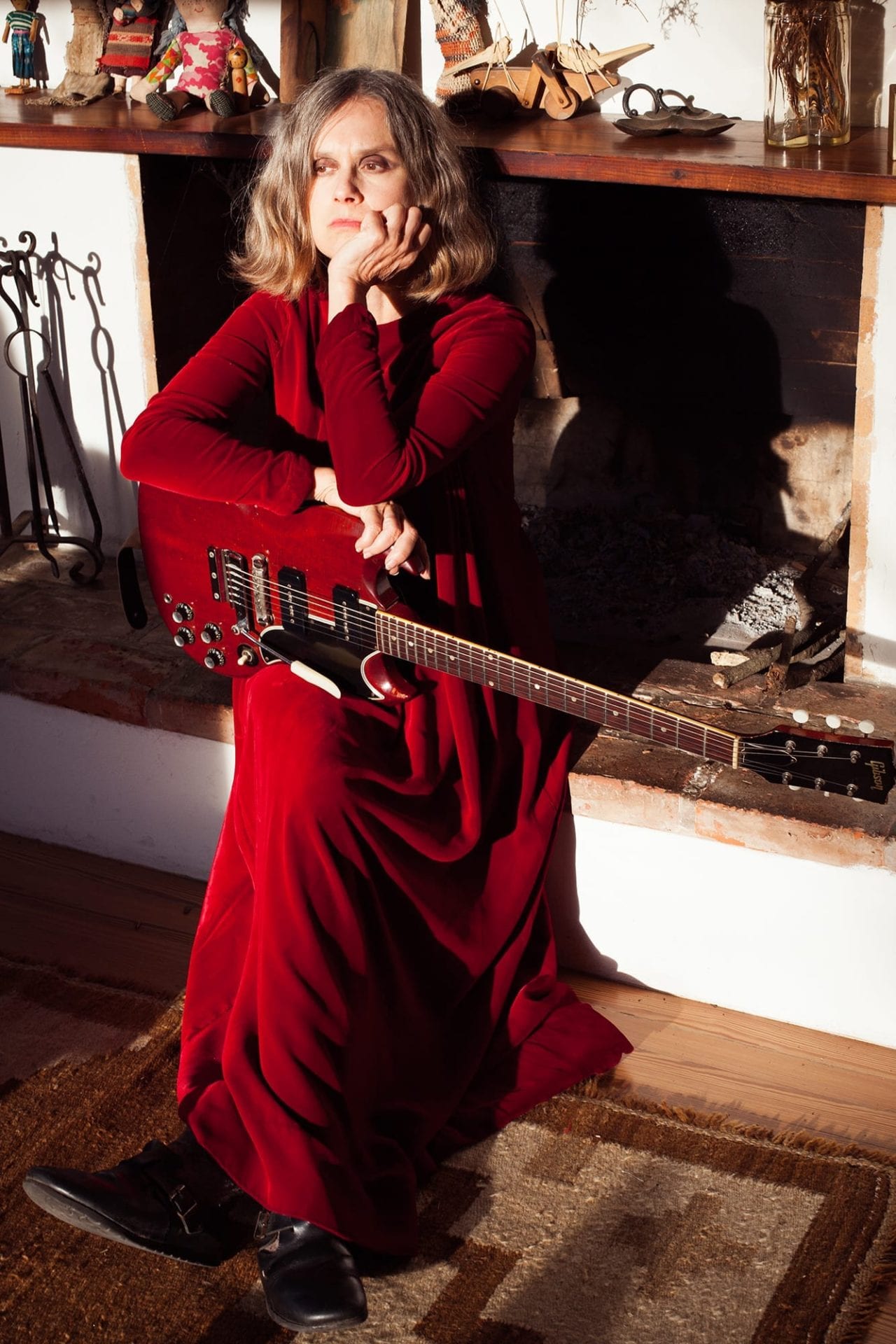
She Shreds: You started playing guitar when you were five years old, taking lessons from your father. I’m curious to hear about your early years with songwriting.
Juana Molina: I remember trying to play and sing, and when I opened my mouth my hands froze. [Laughs] I will never, ever forget that day. I was sitting on my bed, the light was coming from the left, I was looking at the guitar, and everything stopped. I needed to learn how to play and sing at the same time. It’s one of my favorite things in life, I must say, because you’re dividing your brain into even smaller parts.
When I was about 18, 19 I started to record a lot on just a cassette for as long as it would play. I remember the sound of the cassette ending, like, “PWACK!” It was a very violent sound. I got in some kind of trance, and the only thing that made me stop was the end of the cassette. It was a natural looping, a little molecule of music I was repeating over and over again. I was totally taken by the drone I produced, like a feedback. I had plenty of cassettes filled that I would use later to write songs.
When I wanted to show a song to someone, I knew it wasn’t a proper song—it didn’t have a chorus, it didn’t have a bridge, it didn’t have anything for a song to be a song. And I thought that was wrong. But I wanted to keep with [the loops], which I ended up doing 20 years later.
Eventually you switched from music to comedy and television. What took you in that direction?
I was living with my grandparents, and I wanted my own place and money to be able to play music. I wanted a job that paid well enough [where] I didn’t have to work much. I watched TV for several weeks, because I knew I had the skill to impersonate different characters. So I looked for a show where I could fit in, sent them a tape with a few characters, and they took me in. The show went so well that two years later I had my own show. So I got away from music somehow, for seven years or so. One day I realized that wasn’t the goal. I got lost in my own trap. I wanted to come back to songs. I started to listen to those cassettes with endless loopings. I’ve been in this loop mood for a long time.
Where do you think your affinity for this playing style comes from? Does it have anything to do with what you learned from your father?
I wonder… I don’t think so, because my dad hates droney music. He never got into Indian music, when I discovered that. When we fled from Argentina [during the 1976 Argentine coup d’état], we first went to Ibiza in the winter. There was absolutely no one, nothing at all. Ibiza was a deserted island, and I remember we went to these hippie’s house, and I heard [Indian] music, and there was something in me attracted to it. I wasn’t aware of this until people started asking me about the music I do. I had to think, and I found several patterns that were repeated over and over.
I read in an interview that when you record you play all the loops live, rather than using a looping pedal.
Yes, I play the loops all over the song. Because even if it sounds the same, it’s not. There are little different things that maybe you can’t hear. You have nuances. Everything is more alive than if you record four bars and repeat that over and over. Every bar has its own intensity. I try to play it all evenly, but it’s not going to happen. Some new ideas come in the middle of the recording, and you change something so it makes a more moving—in the sense that it moves—and alive song. You know when you lift a bike and make the wheel turn?
In my mind that would be a loop that has been recorded and repeated—the wheel turns on itself but doesn’t go anywhere. When you record the whole thing, everything has been played at that moment. It’s like when you put the wheel on the ground and it goes forward, and the surroundings of the wheel change. It’s rolling on something different, maybe some water. That makes the difference.
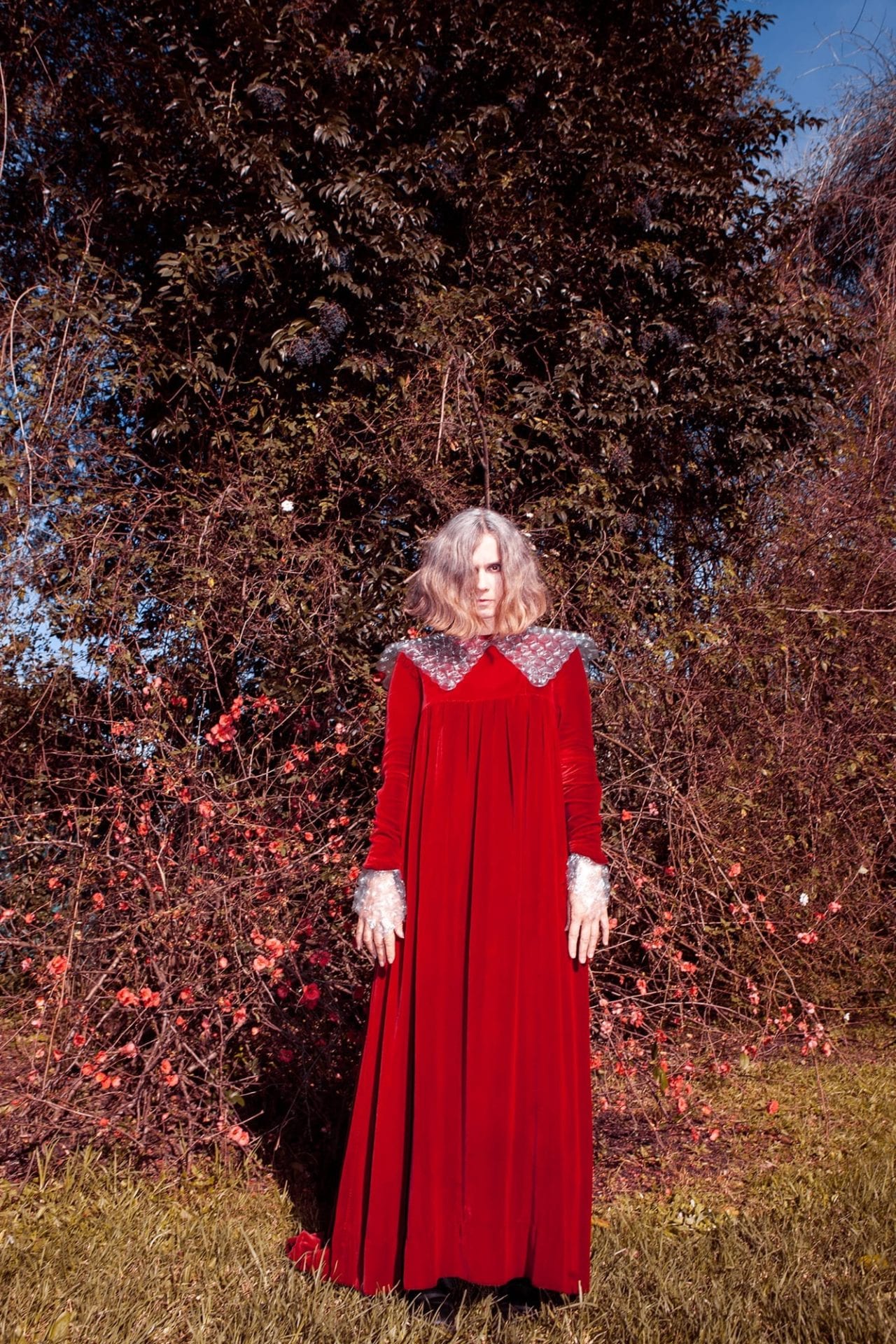
Your songwriting patterns are much different than most, as you mentioned earlier. You’ve released seven albums, with four years between the last two, and I’m wondering what your process was like in those four years.
It’s not that I’ve been working for four years on the album. The time it takes me to write an album is more or less the same—two years. After Un Día, I started touring a lot more. When I’m on tour, I really can’t compose or think about composing. I need to be in the studio. Sometimes when I get too far away from the composing mood, it takes me a long time to be in that mood again.
What instrument do you reach for when you start composing?
The guitar, but lately I’ve been trying to avoid writing with the guitar because I will play something I’ve already played, unless I have new effects or new pedals that change the sound, and that sound triggers a new idea. But with a naked guitar? I don’t think I did that with Halo. In fact, there is one song [“Los pies helado”] that starts with the guitar, and when I hear the beginning, I think, “Oh, this is a song from any other record that I’ve made before,” like Segundo, or my first one, Rara. I try to avoid that because I want to make every record different than the previous one, and at the same time you can’t really. If you’re doing what you do, or what you do naturally, there’s always something that’s going to make it sound like you. So, there must be a balance. I would love to make a record where no one could recognize me.
If you had the ability to do anything—to learn anything—to create an unrecognizable sound, what would you do?
The first thing I would do is abandon the guitar, because it’s becoming a burden on stage… But that would be a tough thing, because it’s my main instrument. It would be like cutting off a hand. It’s the instrument I feel the most comfortable with, the one I’ve been playing since I was a little girl. I would love to learn how to use more modern instruments, [but] they reproduce themselves every minute. As soon as you learn how to use something, there’s immediately something new.
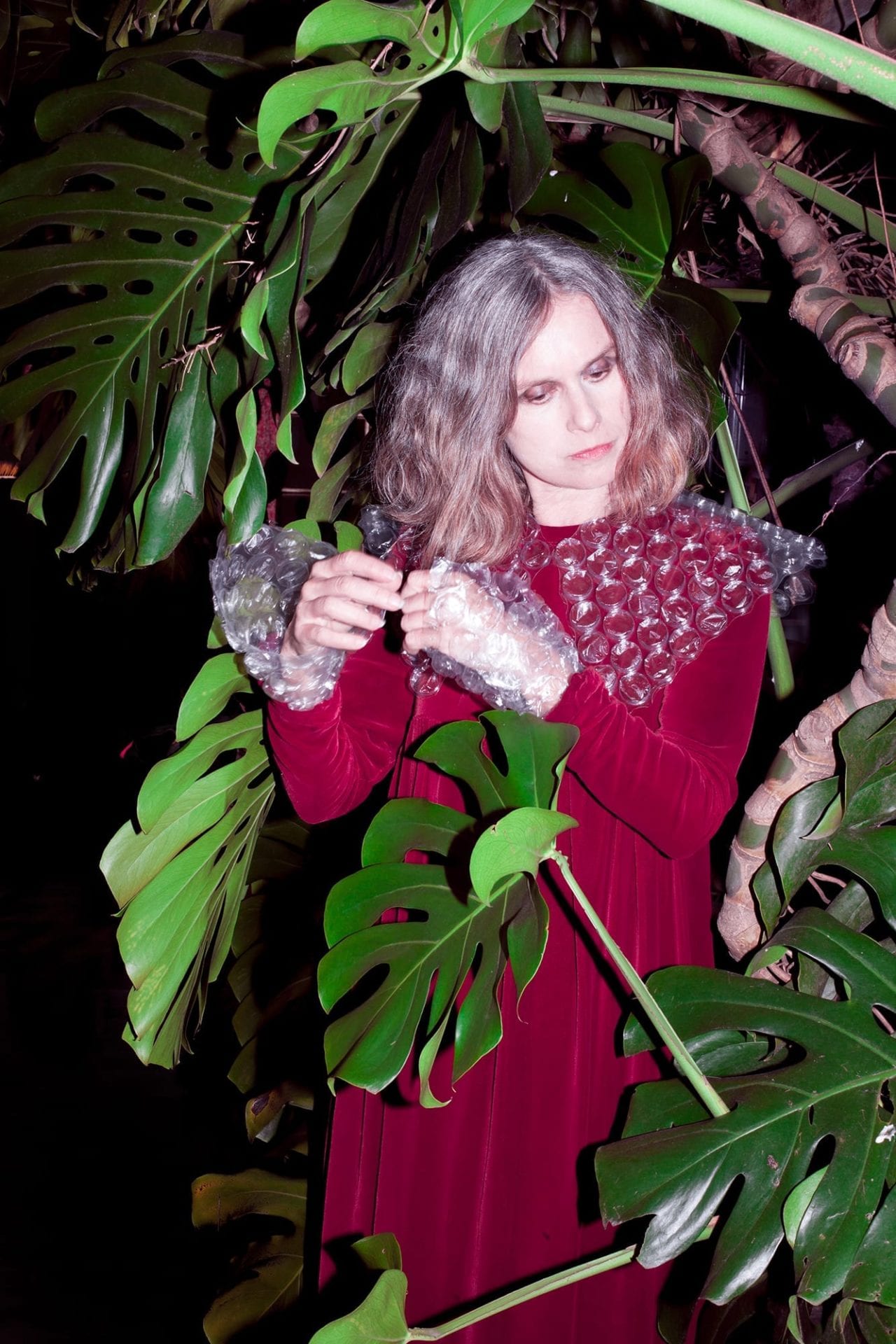
With Halo, you recorded in a studio with others rather than doing everything yourself. What was that experience like for you?
I’m used to working on my own. I get to a level where thoughts disappear, a world of pure music, completely abstract, where even the sounds disappear and everything becomes an image. I couldn’t get anywhere like that with other people around. But at the same time, I felt like I could widen the range of instruments. That’s why I went [to the studio]; I was tempted by the many, many instruments that you could try. That was a big difference for the album. I discovered an instrument I had played a long time ago, the [Moog] Prodigy. That was the best. I would put that instrument on top of the list. The quality of the bass is really something. I love it with all my heart.
We went to the studio for three weeks, and I came home and had an enormous amount of stuff to work with. It was overwhelming, because I over-recorded things just in case. With “Cosoco,” for instance, the length of the song was 45 minutes. It was so hard to choose what to use, but then I got back to that little world where I am on my own.
That kind of very dark tunnel where everything happens, and it’s so small that my mind can’t fit in it, so I’m not thinking. I love that moment, it’s as if things happen on their own. I follow what is suggested. So I worked for another six months on the songs, and mixed them, and went back to the studio.
What gear can’t you live without when composing?
I totally need my Korg 01. I’ve had it for many years now. Right now, I’m playing a [Gibson] SG from 1966. Before that I played an acoustic Martin 0020 from 1961. And before that I had a Martin D-35 from 1974. Those three guitars are really, really pretty. I’m not the kind of musician who needs a different guitar for each song. At least not for the live set. I am not that picky. If the guitar feels good, I can play all the songs on it.
And what pedals are you using?
Oh yes! I couldn’t get rid of my [Electro-Harmonix] Ring Thing [modulator pedal], or my Fairfield distortion pedal. And then I have a really nice delay, a Korg Delay SDD 3000, but I haven’t taken advantage of all its uses because it’s new. I couldn’t get rid of any of those, but as I’m not going to play the guitar anymore… [Laughs] There’s also my Lexicon MPX 500 that I use for vocals.
When I listen to your songs, despite not speaking Spanish, the mood really comes through in your compositions. It all made sense before I even understood the lyrical content.
[When] the songs are finished, and the album is finished, I show it to people and they say, “But it has no lyrics” and I say, “Yeah yeah, I’ll write that later.” [Laughs] Then, when I write the lyrics, they really are hidden or disguised in the melodies. The lyrics shouldn’t ever disturb the melody. If you listen to a song without lyrics, or with lyrics—you, who doesn’t speak Spanish, for instance—you shouldn’t notice a difference.
Even Spanish speaking people don’t understand the lyrics. I didn’t upload them anywhere, but these websites where you go and find the lyrics for songs… I go and read them, and I can’t believe what people understand! [Laughs] It’s hilarious. It makes no sense at all, and they speak the language!
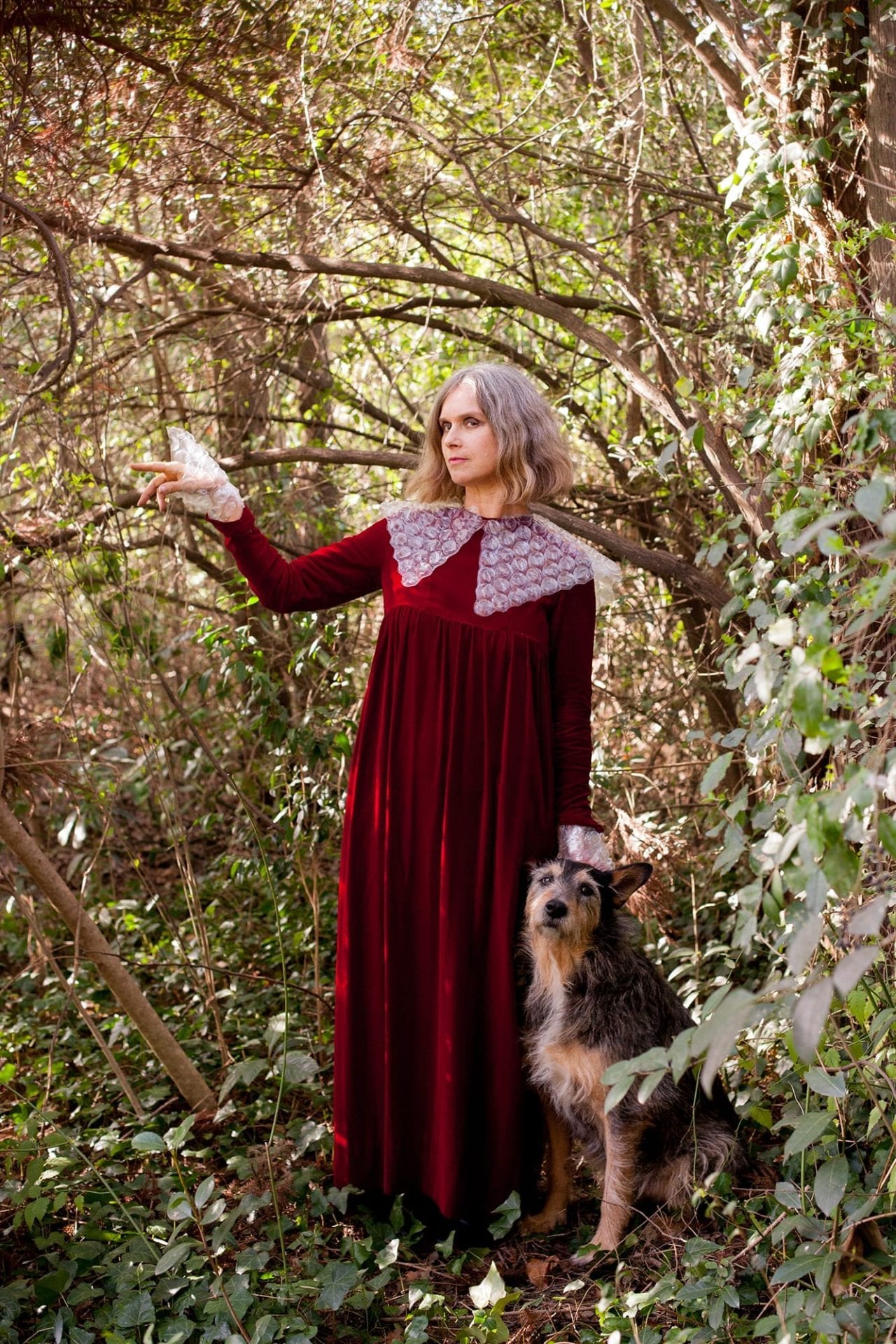
Thinking back to when you performed the song you wrote with your father on national television at five years old—do you think that was a pivotal experience in shaping the person you are today?
No, no, no. That was one of the worst experiences in my life. I remember sitting on my dad’s lap, not singing or playing at all. So, he’s singing and trying to make me sing, looking at me with a smiling face, and I’m grabbing and destroying his shirt, looking straight into it. I didn’t open my mouth ever. That’s why it took me so long to play music. I was terribly shy.
When did you overcome that shyness?
About ten years ago. People who saw my shows in the beginning had the most horrible experiences, I think. I made everybody feel uncomfortable, because I was feeling so uncomfortable. I was so self-conscious. It was a nightmare. But that’s what I wanted to do. There was a very slow progress. One time I played in Chicago—I was opening for another band—and the house was full and I went on stage and nothing happened. I was so upset, and at the same time so insecure.
I felt like running away, but instead I said to myself, “I’m going to play as if I was at home rehearsing.” After a few minutes people started to get quieter, and after two songs everyone was listening. That day I learned that there’s nothing you can do to please people, to make people like you. You better just go on stage and do what you do.
You performed on TV for long, which sounds terrifying. I’m wondering what felt so different and vulnerable about playing music?
It’s very easy. When I was on TV, I wasn’t myself. I was impersonating people, making fun. I didn’t give a damn about anything. Nothing could destroy me when I was on stage, and it was the exact opposite when I was playing music. I was the target for everything. People knew me from the TV show, where I was so strong, and all of a sudden they saw a bird soaked in water—that’s an expression we have, a soaked little bird that can’t fly.
People came to the shows to see Juana Molina, and they found someone who didn’t correspond to the name. That made me feel worse, because if I had been no one and they didn’t have any expectations, maybe I could have played. They were coming to see a star that wasn’t looking like a star at all.
But you chose the harder of the two, which is amazing.
I don’t know why I did that, actually. [Laughs] Why do you always choose the hardest path? It doesn’t make sense.
Well, I’ve always believed that the one thing you really want to do most in this world is always going to be the hardest.
It shouldn’t be like that though. I think you should do what’s easier for you.
Do you really believe that?
I don’t know. I did [music] because I thought I would become a very bitter woman. I pictured myself looking at videos on MTV being green with envy and jealousy and saying, “I could have done it” and “I could have done it great.” And I said, “Okay, I’m going to do it before I become that woman.”
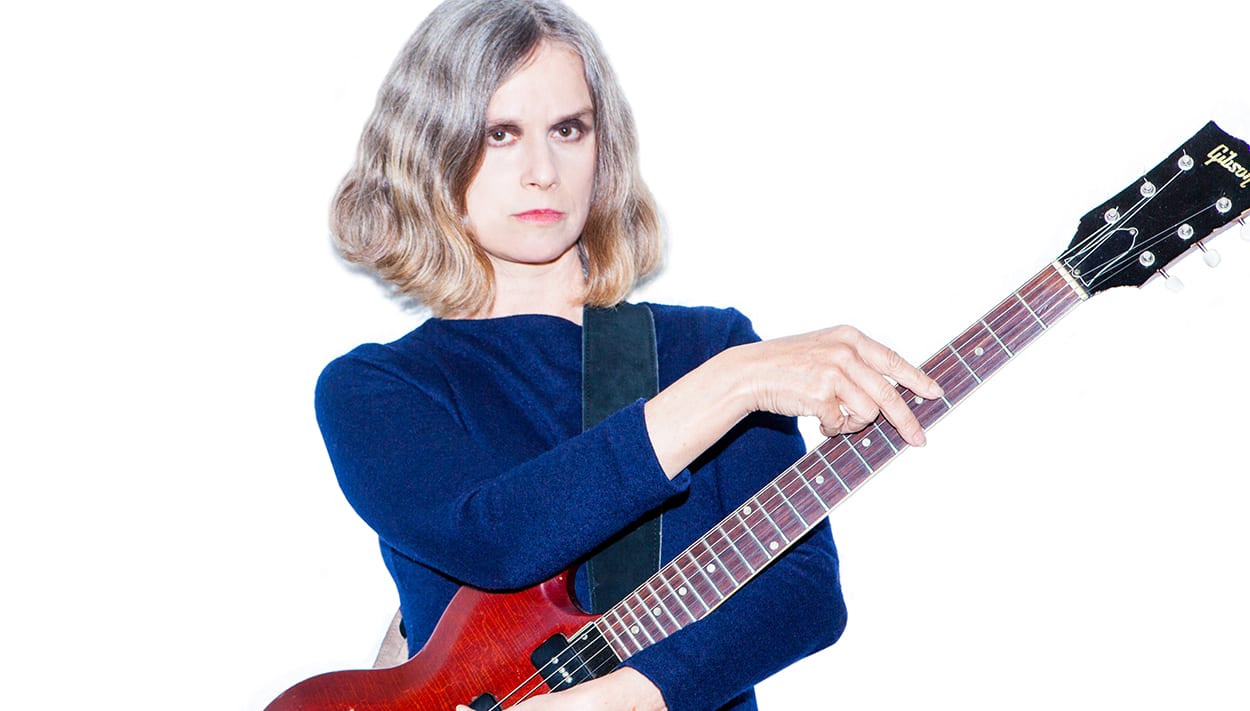

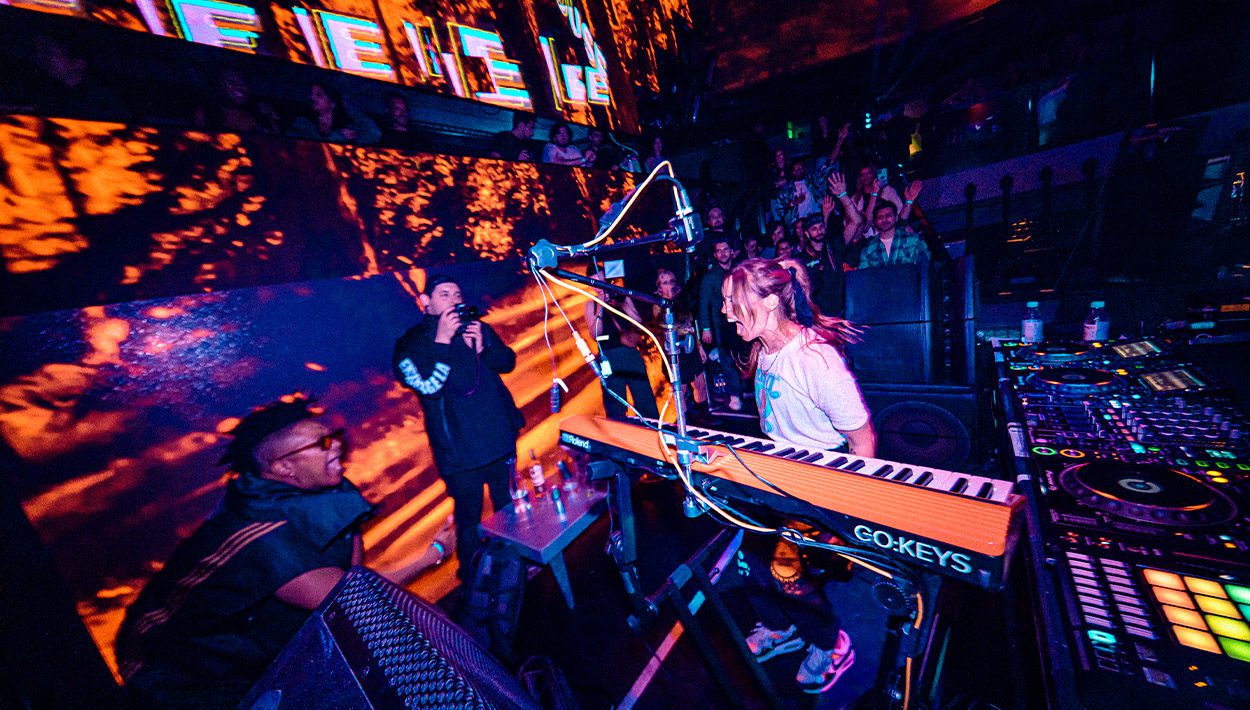
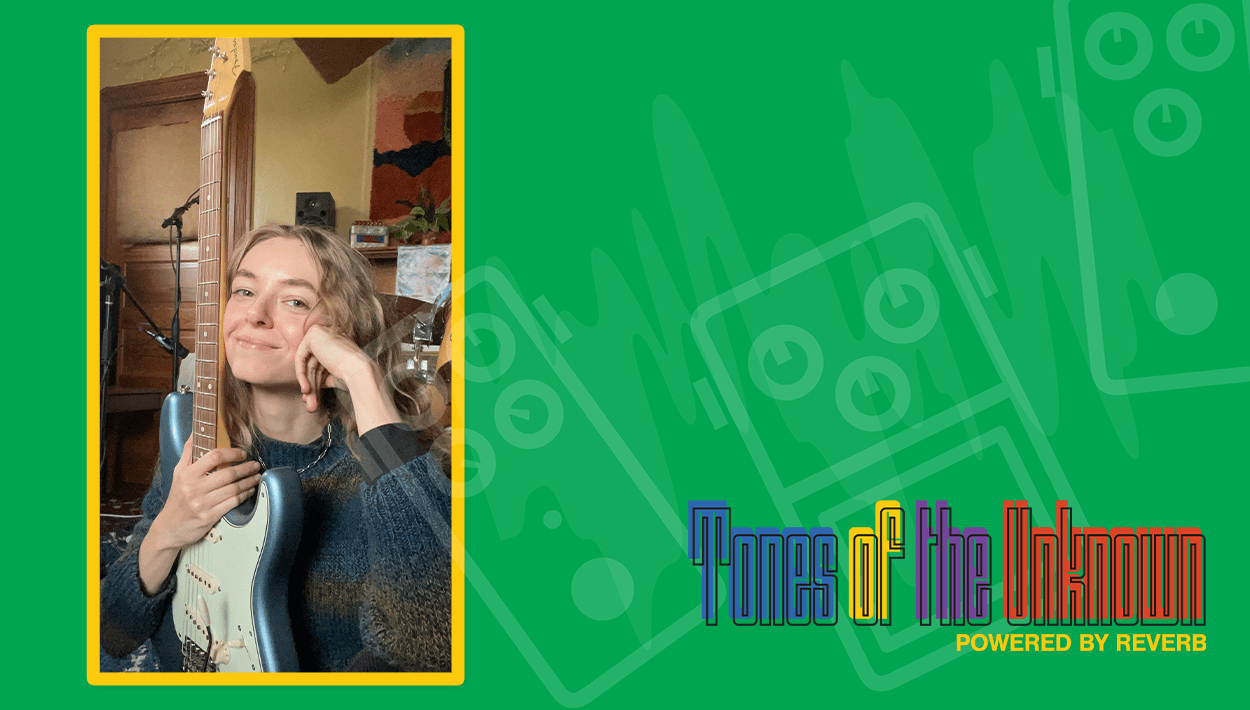
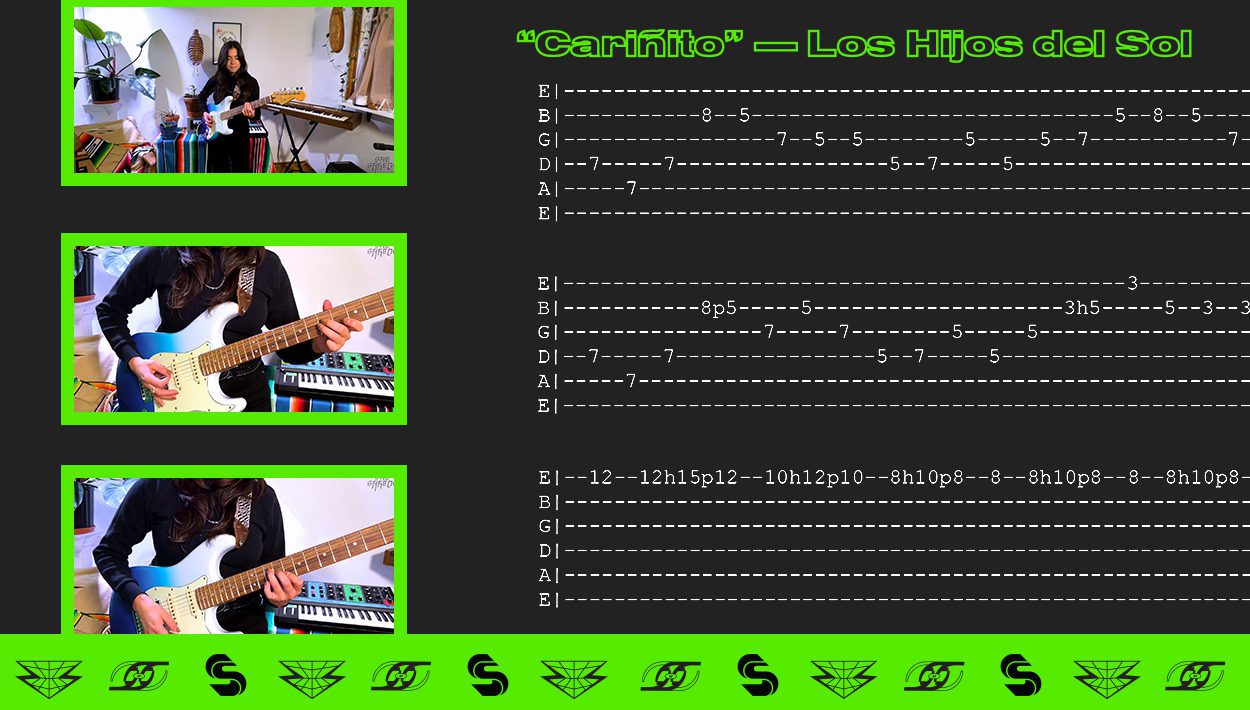
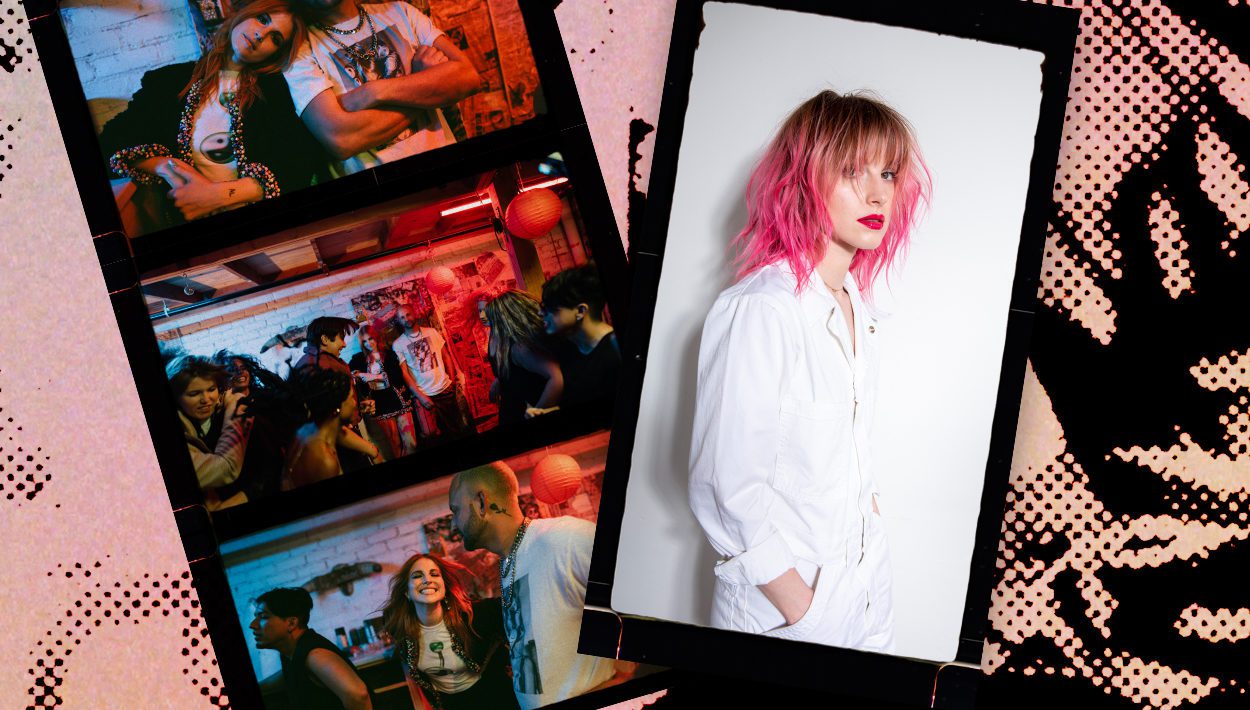
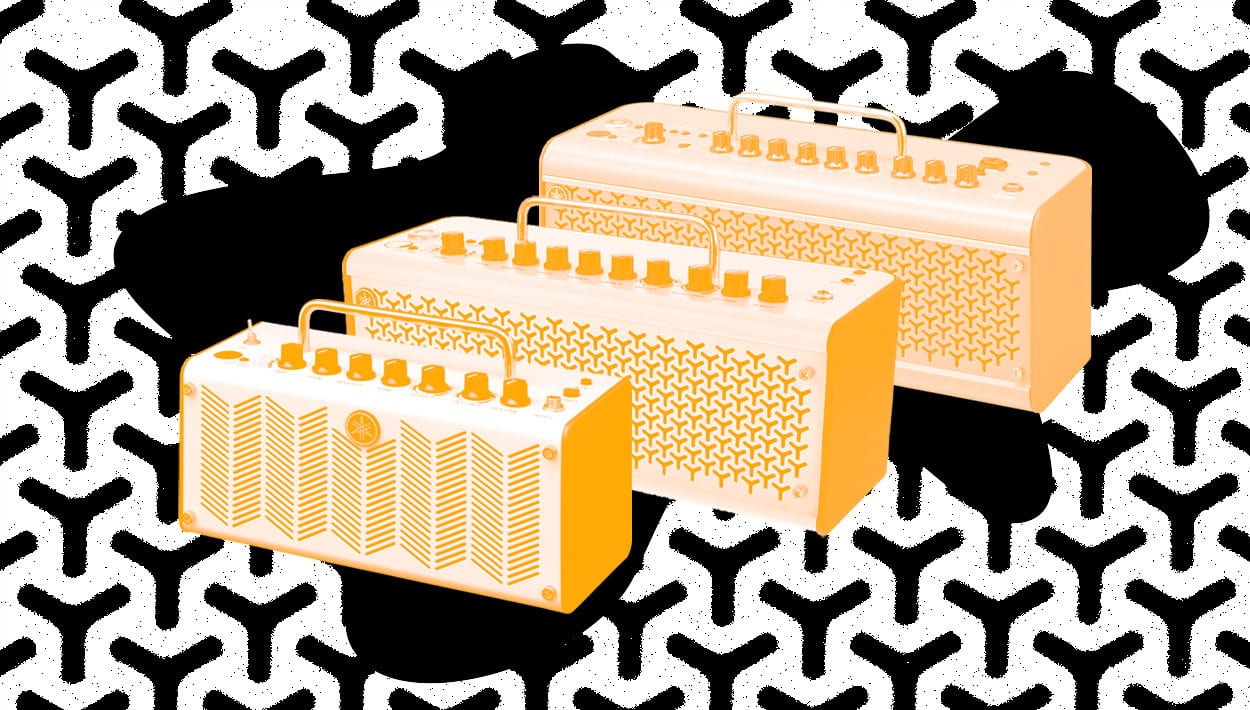
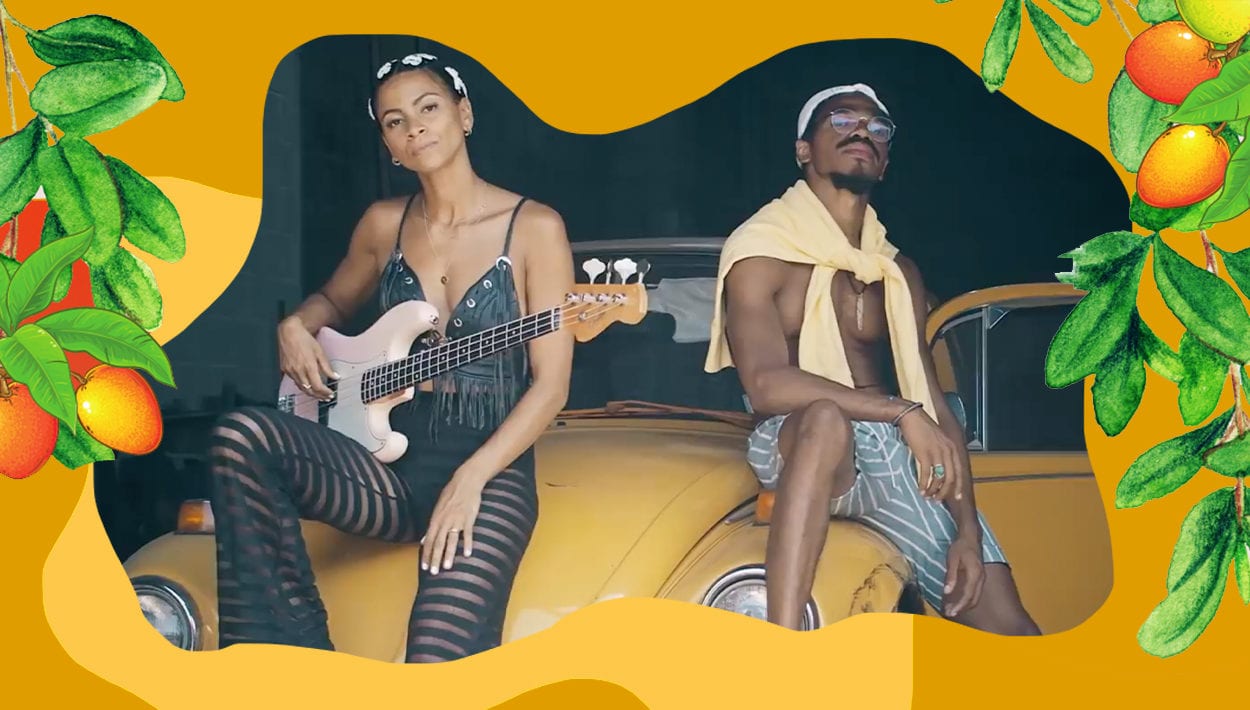
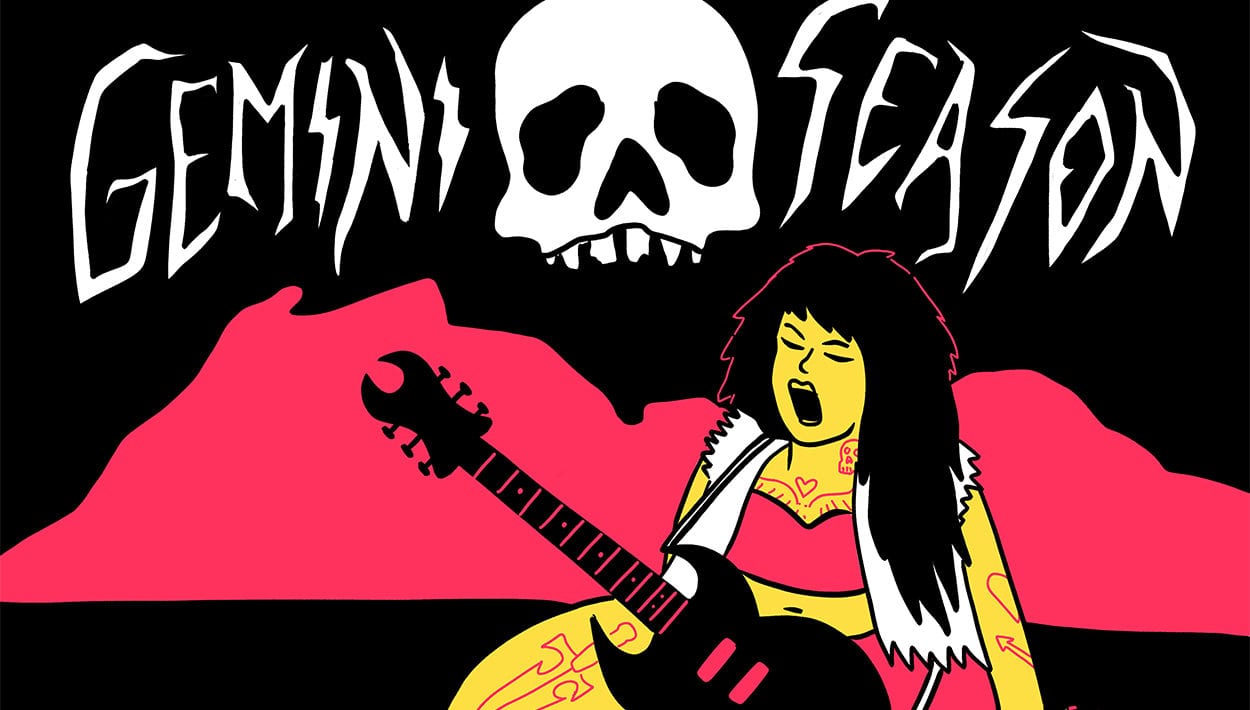
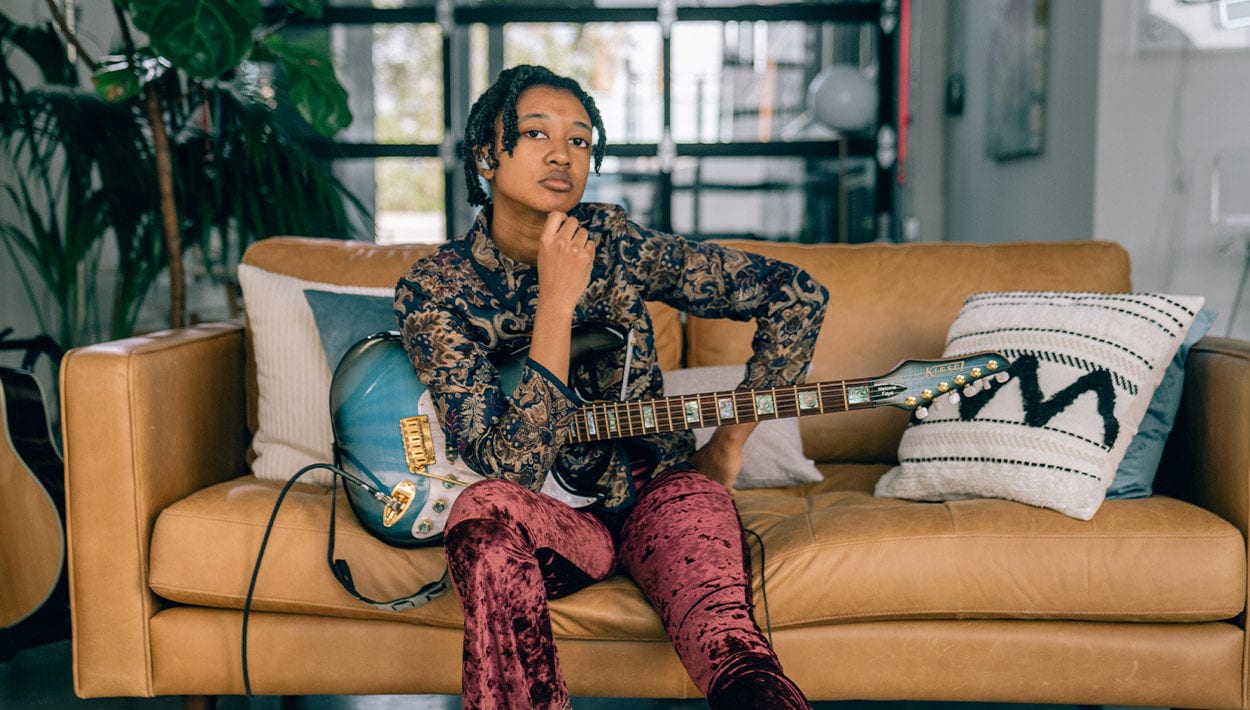
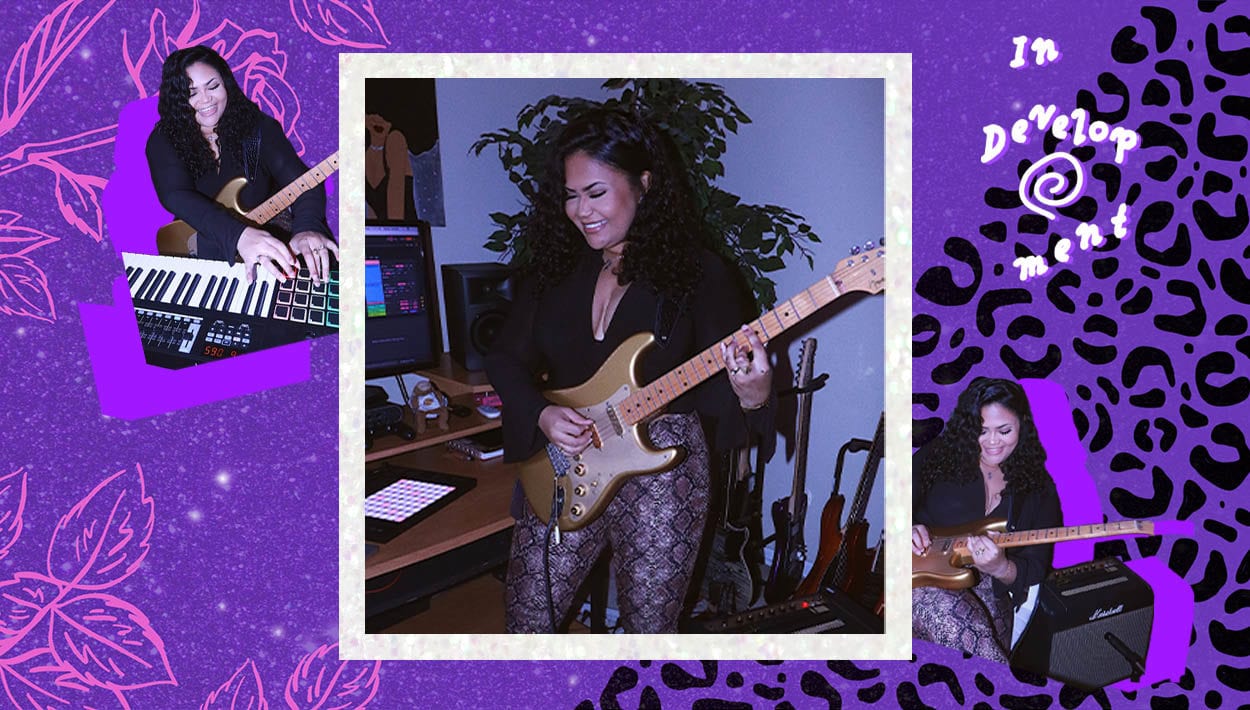
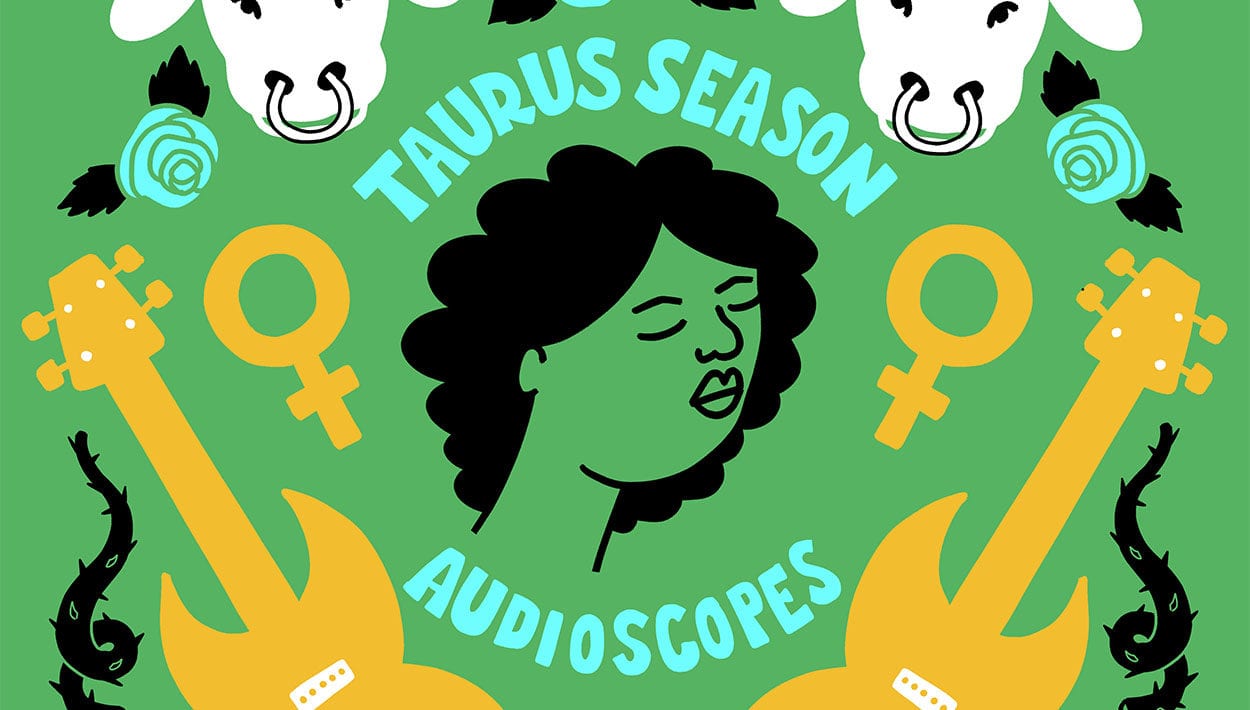


Comments
That the wonder full post is the way for looking the most commend in to access system for know how to solve error 0x80072ee7 this is the best function to allow you online repair the all problem in your computer thanks.
Comment by Thanos on June 10, 2018 at 10:52 pmTruly it is very interesting post. Thanks for spending your main time to post such an interesting and also useful set of outstanding resources that are always of great to everyone.
Comment by Anna J Moore on November 23, 2018 at 1:34 amhttps://triumphessays.com/
Awesome and well-organized content. What a classy blog. Thank you for putting so much effort and sharing your own perspective in the form of this amazing article with us.
Comment by Daisy Yardley on December 19, 2019 at 1:21 amI would love to read and share all your informative blogs with my friends and my visitors-
Geek Squad Tech Support
I’m totally in love with your content and writing skills. your ways of observing things are commendable. Keep up the good work. Much Love 🙂
AOL Gold Support
Comment by Jake on January 8, 2020 at 1:09 amshe is my role model and I am a huge fan of her style and her thoughts. Can I share her thoughts on how to setup office
Comment by James smith on February 21, 2020 at 1:07 amMany thanks for the interesting post, I think it will come in handy to me.
Comment by jeff harry on February 21, 2020 at 3:36 amgeek squad tech support